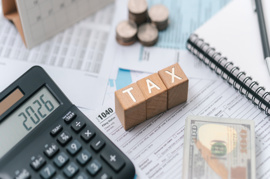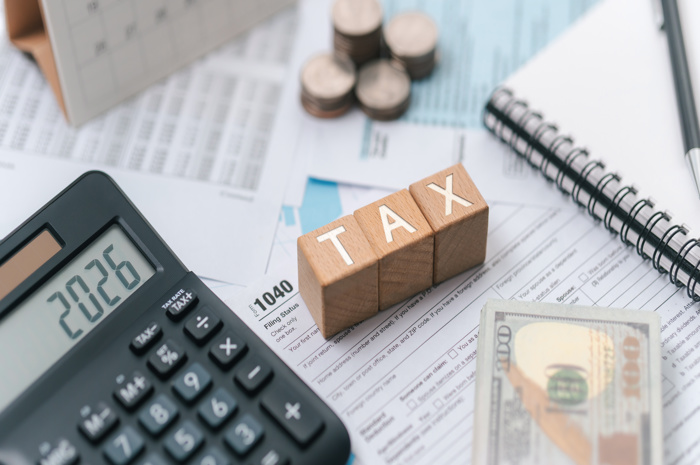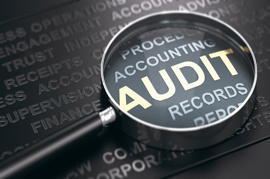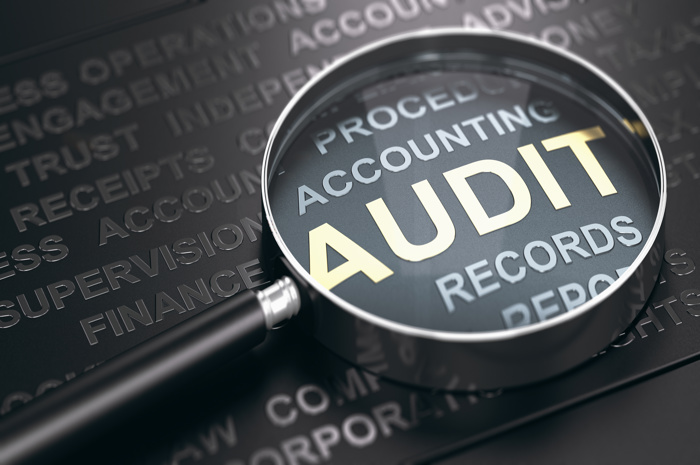From organising your records to understanding deductible expenses, utilising retirement plans, leveraging tax credits and incentives, and seeking professional advice, these strategies will help you optimise your tax planning efforts and secure a prosperous future for your business. Let's delve into these strategies and discover how you can effectively manage your small business taxes.
Organise Your Records:
Proper record-keeping is crucial for successful tax planning. To streamline the tax filing process and ensure you claim all eligible deductions and credits, it's essential to maintain accurate and up-to-date financial records. This includes tracking income, expenses, invoices, and receipts. By diligently tracking your financial transactions throughout the year, you'll be well-prepared for tax season and have the necessary documentation to support your deductions. You can do this in your bookkeeping software and at the end of your company's filing period you can generate an income statement and balance sheet from the reports section to make completing your CT600 and accounts simple. You can find more details on completing micro accounts in our knowledge base article.
Take Advantage of Deductible Expenses:
Identifying deductible business expenses is a crucial strategy to reduce your tax burden. Familiarise yourself with the eligible costs that can be deducted from your taxable income, such as office rent, utilities, equipment purchases, marketing costs, and employee salaries. Maintaining detailed records is essential to ensure you don't miss out on any deductible expenses. Maximising your deductible expenses can significantly lower your tax liability.
Many of the costs associated with the main trading activity of the business are tax deductible, and these would be entered into your operations costs in your CT600. Additionally, you can find more details on deductions and reliefs in our knowledge base article , which allows companies to claim additional costs associated with the running of the business that do not fall within the main trading expenses within the business. Not all expenses a company has are tax deductible for corporation tax purposes and you can find further information on this is our article on disallowable expenses.
Use An Online Tax Return Calculator
Navigating the complexities of tax planning necessitates expertise. Filing your tax returns with an online corporate tax return calculator can save you time, prevent costly mistakes, and uncover additional tax-saving strategies you may not have considered: no need to read long and intricate laws trying to understand small business taxation. At Easy Digital Filing, our software, guides you through all the available deductions for company tax returns and calculates the amount of corporation tax you will need to pay, assisting you in optimising your tax strategy, and ensure compliance with ever-changing tax laws.
When you create an account at Easy Digital Filing and create a CT600, your corporation tax liability is automatically calculated by our software as your input your figures. For more information on filling in your CT600 please see our article on filing a CT600 online.
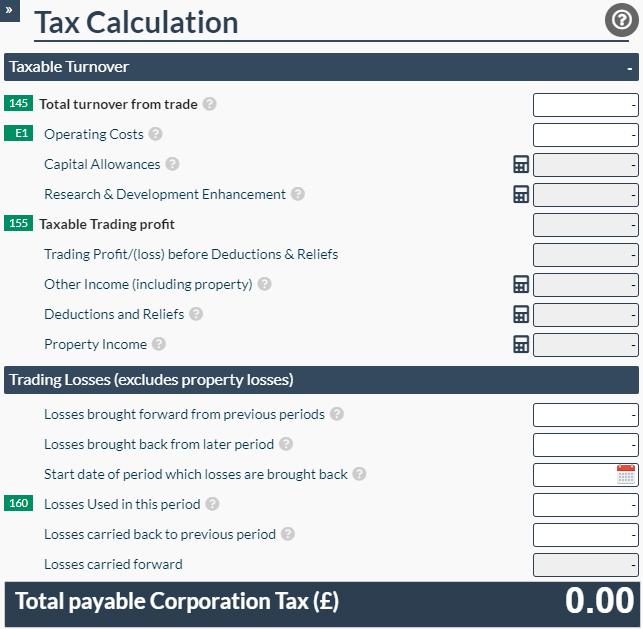
To round things up, effective corporate tax planning is vital for small businesses. You can optimise finances and minimise tax liabilities by implementing the discussed strategies, such as organising records, identifying deductible expenses and utilising a tax return calculator. Stay informed, be proactive, and prioritise tax planning to secure a prosperous future for your small business.
Learn more about Easy Digital Filing and our online tax return calculator.








